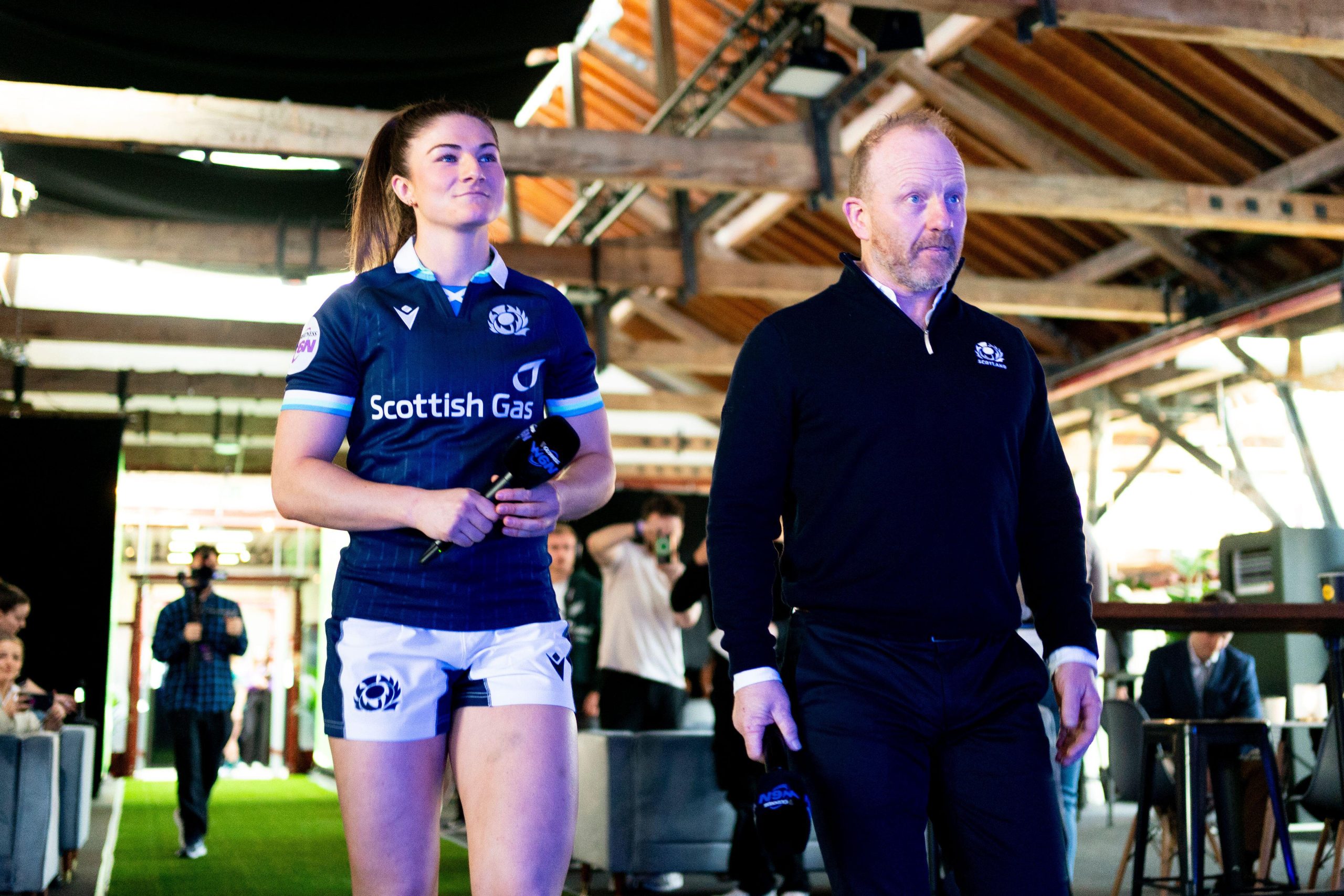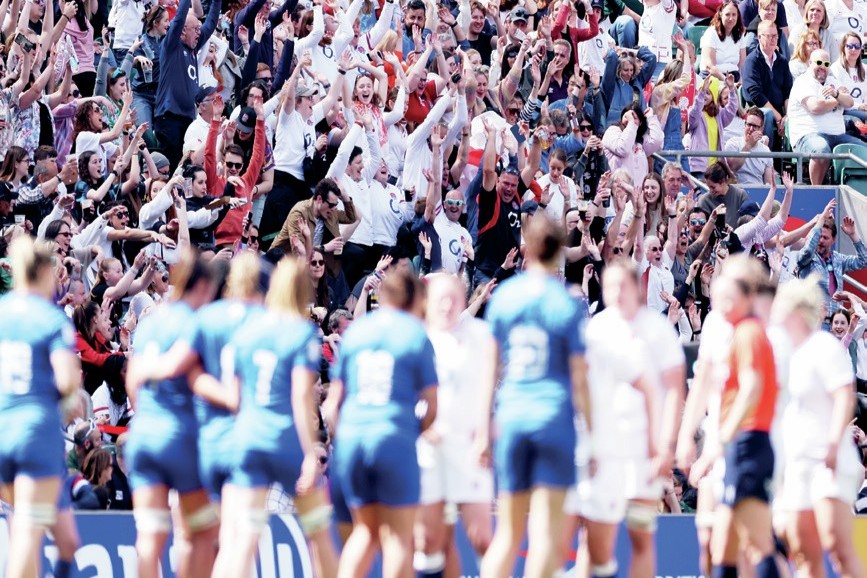Women's Six Nations
Waterman: Time to hit fifth gear
More in Women's Six Nations
-


Back-to-back matches to be introduced in revamped 2026 Women’s Six Nations
A revamped Guinness Women’s Six Nations will feature back-to-back matches on a single day...
-


Magnifique! Another Grand Slam for Red Roses
By George Wellbelove at Twickenham England secured their seventh straight Six Nations title and fourth...
-


Women’s Six Nations: Francesca McGhie is on hand to snatch it for Scotland
By Sam Jackson Scotland ...........26pts Tries: Skeldon 25, Orr 42, McLachlan 58, McGhie 81...
-


Women’s Six Nations: Red Roses set sights on World Cup after nervy win
By Ben Jaycock England ...........................43pts Tries: Dow 4, 58; Sing 8, 18; Atkin-Davies 12,...























